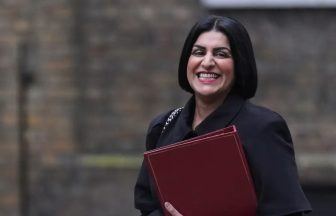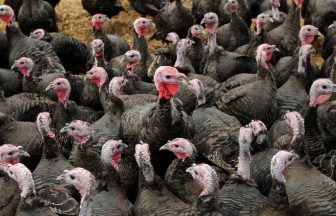Glasgow will host the Commonwealth Games for the second time in just over a decade, with the multi-sport event returning to the city in 2026.
Scotland will welcome athletes from across the world for what has been described as a scaled-down and sustainable Games, that plans to use existing facilities and feature a reduced number of sports.
The road to being confirmed as hosts has been a long one, with a funding dispute only being settled after an intervention from Australian authorities.
When the Games begin in two years’ time, all the focus will be on the athletes and their medal hopes. But the announcement has many wondering why Glasgow is host city again when memories of 2014 are still fresh.
What happened to the original hosts?
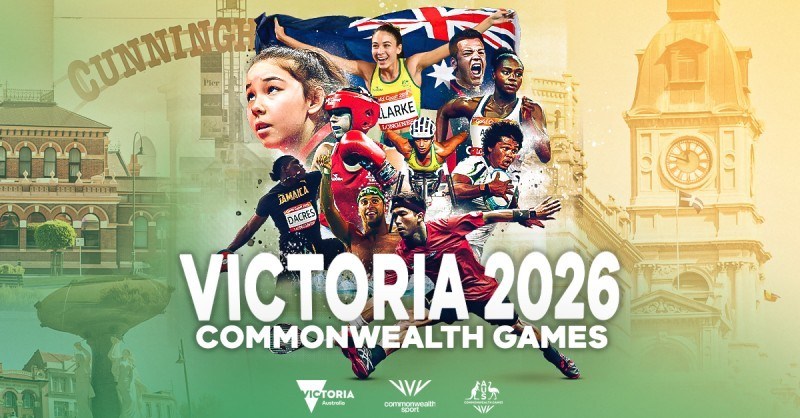 Commonwealth Games Federation
Commonwealth Games FederationThe 2026 Commonwealth Games could actually have been held in Birmingham, if everything had gone to plan almost ten years ago. The English city had been planning a bid for the 2026 Games when the Commonwealth Games Federation stripped Durban of the hosting rights for 2022.
Birmingham stepped up to take the event on four years earlier than planned, leaving the bidding process for 2026 wide open.
In early 2022, it was announced that the Australian state of Victoria was to host in what would be a first “regional” Games, where sports would be played across the state and not just focused on the city of Melbourne.
Organisers promised “a comprehensive sports programme in world class stadia” and a budget of $2.6bn (£1.3bn) was outlined.
Fast forward less than a year and a half and Victoria pulled the plug. Citing rising costs and a new estimate that was between double and triple the original budget, the state said they wouldn’t divert funds from other public projects and simply couldn’t afford to spend as much as $7bn “on a 12-day sporting event”.
The Commonwealth Games Federation was forced into a scramble to find an alternative host. Cities around the world, including Accra, London and Glasgow were linked with a bid, while Birmingham was considered as most recent hosts but had already begun converting the athlete’s village into housing and was not ready to stage a large event.
The CGF approached Malaysia and Singapore offering the opportunity to be considered. Both declined the offer after feasibility studies.
Step forward Glasgow
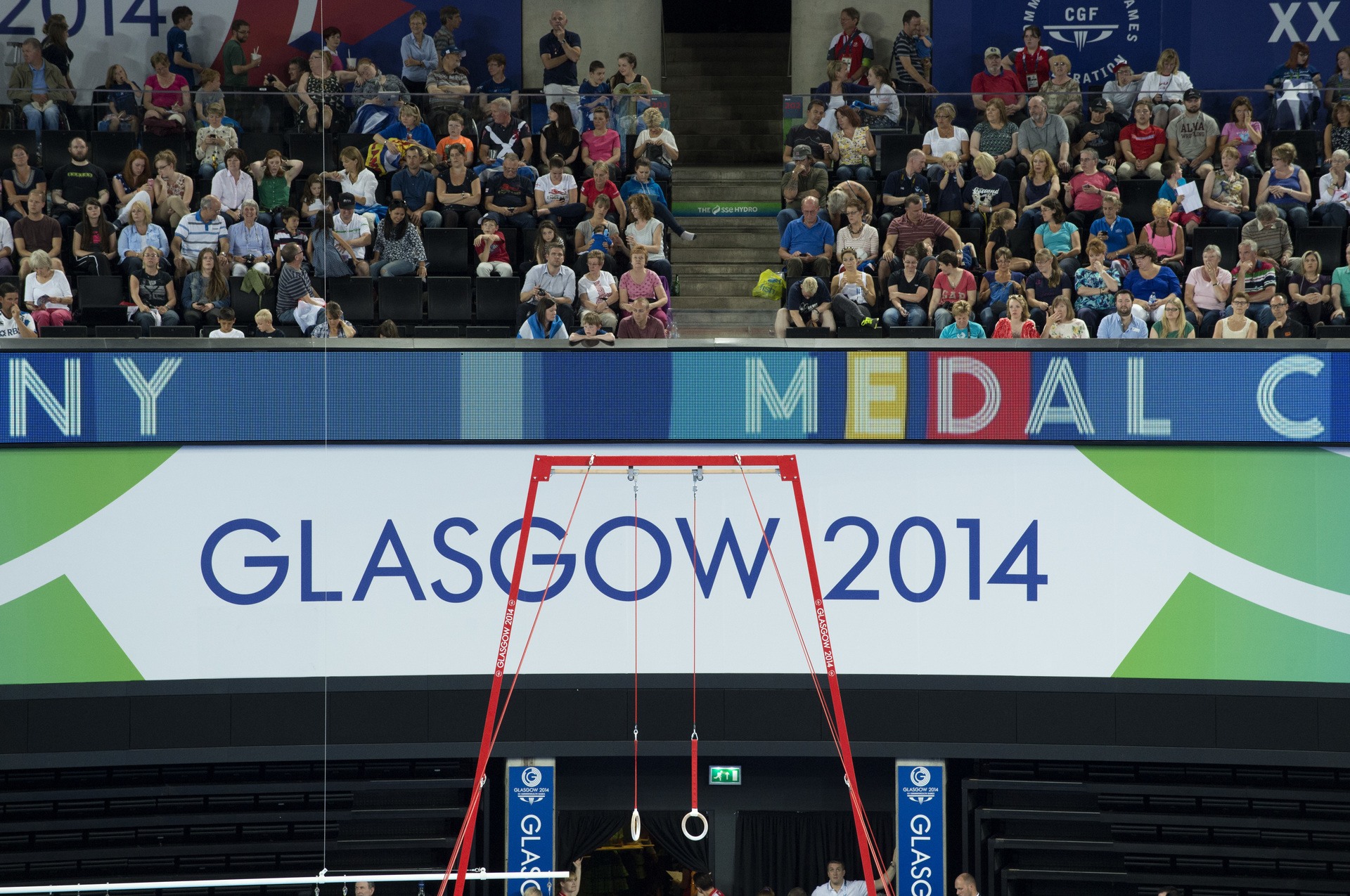 SNS Group
SNS GroupIn July 2023, after Victoria’s withdrawal, then First Minister Humza Yousaf expressed interest in Scotland hosting at least part of the Games, and noted suggestions from Commonwealth Games Scotland that a co-hosting arrangement with another city might be possible.
CGS had expressed their disappointment at hearing that the Games were in jeopardy.
“The games is the only opportunity for many athletes to compete under the Scottish flag, and we know how much that means to them, our sports and supporters,” it said in a statement.
“We share their disappointment with today’s announcement and recognise the uncertainty it creates for all parties.”
Yousaf said that he had instructed his team to explore a bid and see “what the art of the possible is”.
A scaled-down Games plan
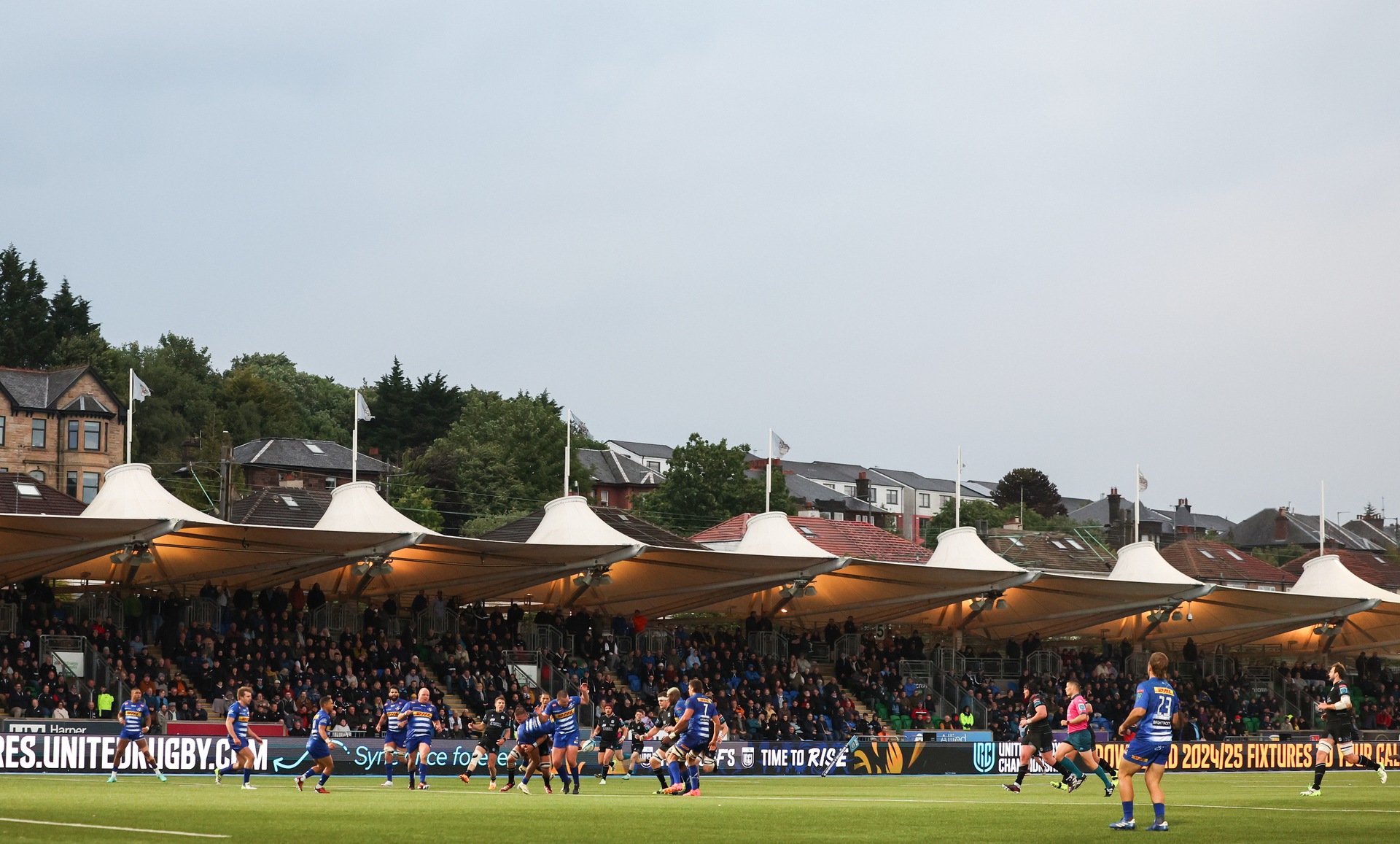 SNS Group
SNS GroupIn April 2024, the potential bid took on a definite shape. CGS put together a proposal for a scaled-down version of the multi-sport event, with the number of sports cut from 18 to around 10-13 and a focus on using existing venues.
With a smaller opening and closing ceremony, only four main and already functions venues and no dedicated athlete’s village, the plan was to deliver a sustainable and affordable Games that still allowed athletes the opportunity to compete, and the city to enjoy the benefits of hosting a major sporting event.
Scotstoun Stadium would hold the athletics, Tollcross International Swimming Centre would be the venue for the aquatics and cycling would also take place in the city that hosted the World Cycling Championships last year.
Crucially, the proposal came without a need to be fully funded by the hosts. Victoria had paid £100m to the Commonwealth Games Federation as compensation for withdrawing and those funds would be directed to Glasgow’s bid. The remaining £14m of the budget was to be provided by private finance.
A contingency fund of around £25m was also outlined but the overall cost was a fraction of the £543 budget for the 2014 Games.
Government concerns and dispute over finances
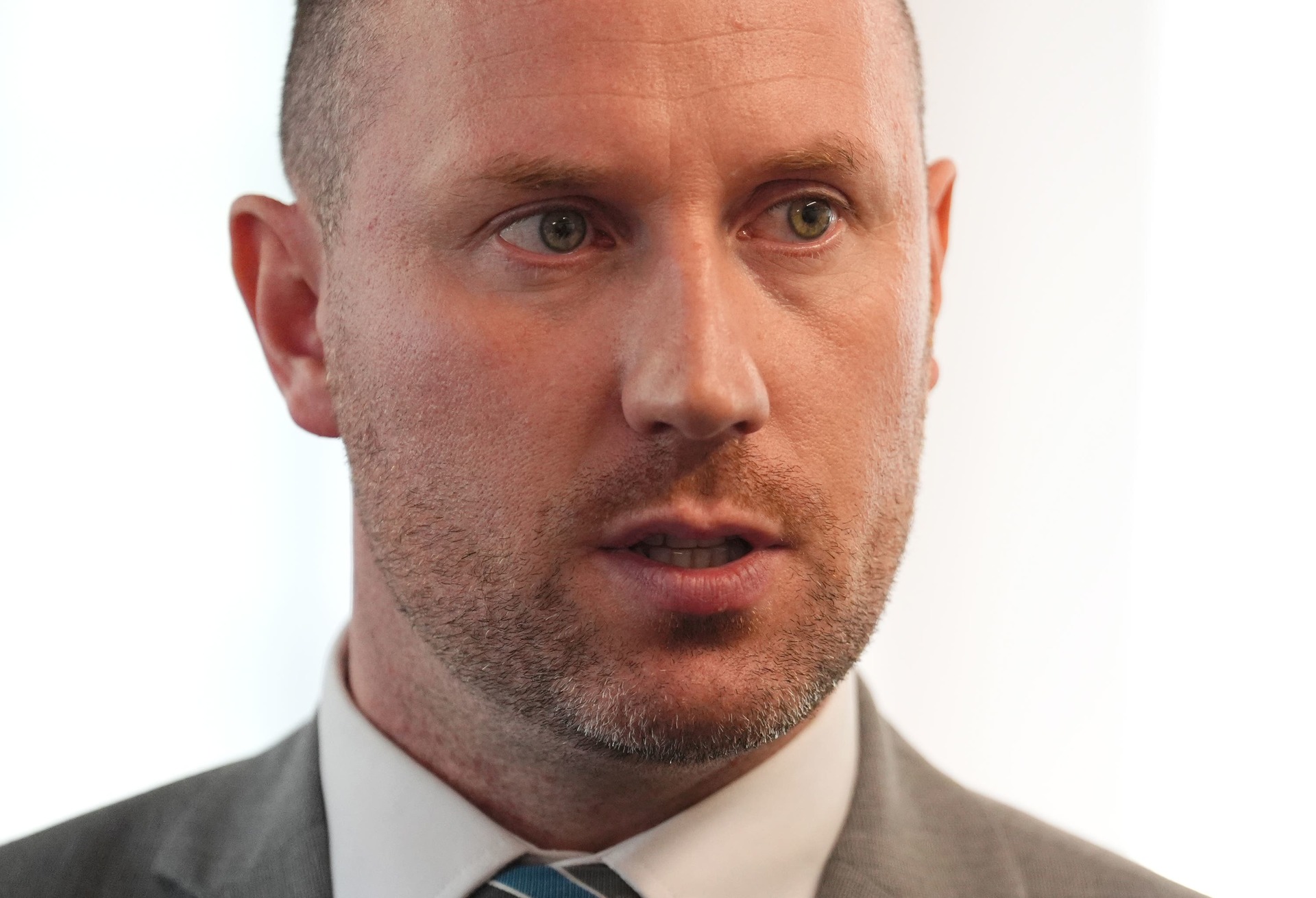 PA Media
PA MediaAs recently as last week, the plan to host the Games hung in the balance as politicians debated the risk and costs around the project.
There were two aspects that brought concern. First, a “reputational risk” where the scaled down nature of the plans would draw an unfavourable comparison to the more expensive and extensive 2014 Games, which had a positive legacy.
Second, a worry that costs could spiral beyond budget, leaving government to pick up the cost.
Scottish Health Minister Neil Gray wrote to the UK Government in August to highlight the “inescapable reputational and financial risk” involved in delivering the event in a short timescale and at a reduced level of service.
Gray told the UK Government that the Scottish Government was not in a position to shoulder the financial risk involved in any cost increases or overruns and that they could not agree to the Games being hosted in Glasgow unless that risk is “completely underwritten by the UK Government”.
In response, UK sports minister Stephanie Peacock wrote to Gray outlining a proposed additional £2.3m funding to be drawn on in certain circumstances, in addition to a £27m contingency fund that had been previously earmarked.
She said there was “a strong preference” for the Scottish Government to match that figure but said that UK Government did not see justification for the requested full underwriting of financial risk.
With the clock ticking down, government support for the plan seemed unlikely if the financial concerns could not be overcome.
Australia pledges money to rescue the bid
After reports of the government dispute, Australian authorities stepped forward with a pledge of assistance.
When Victoria withdrew from hosting, the state paid out compensation to the CGF, the £100m which is being diverted to Glasgow. But further compensation was also paid to Commonwealth Games Australia (CGA).
The organisation promised to use some of that money to make a multi-million-pound investment in the Glasgow 2026 proposal.
Talks were held between the Scottish Government and the Australian authorities and a plan was taken to a Cabinet meeting on Tuesday.
After receiving backing from all parties, Glasgow will now host the Games, bringing a long and complicated process to an end, and allowing the city to look forward to world-class sport on their doorstep in less than two years’ time.
Follow STV News on WhatsApp
Scan the QR code on your mobile device for all the latest news from around the country










